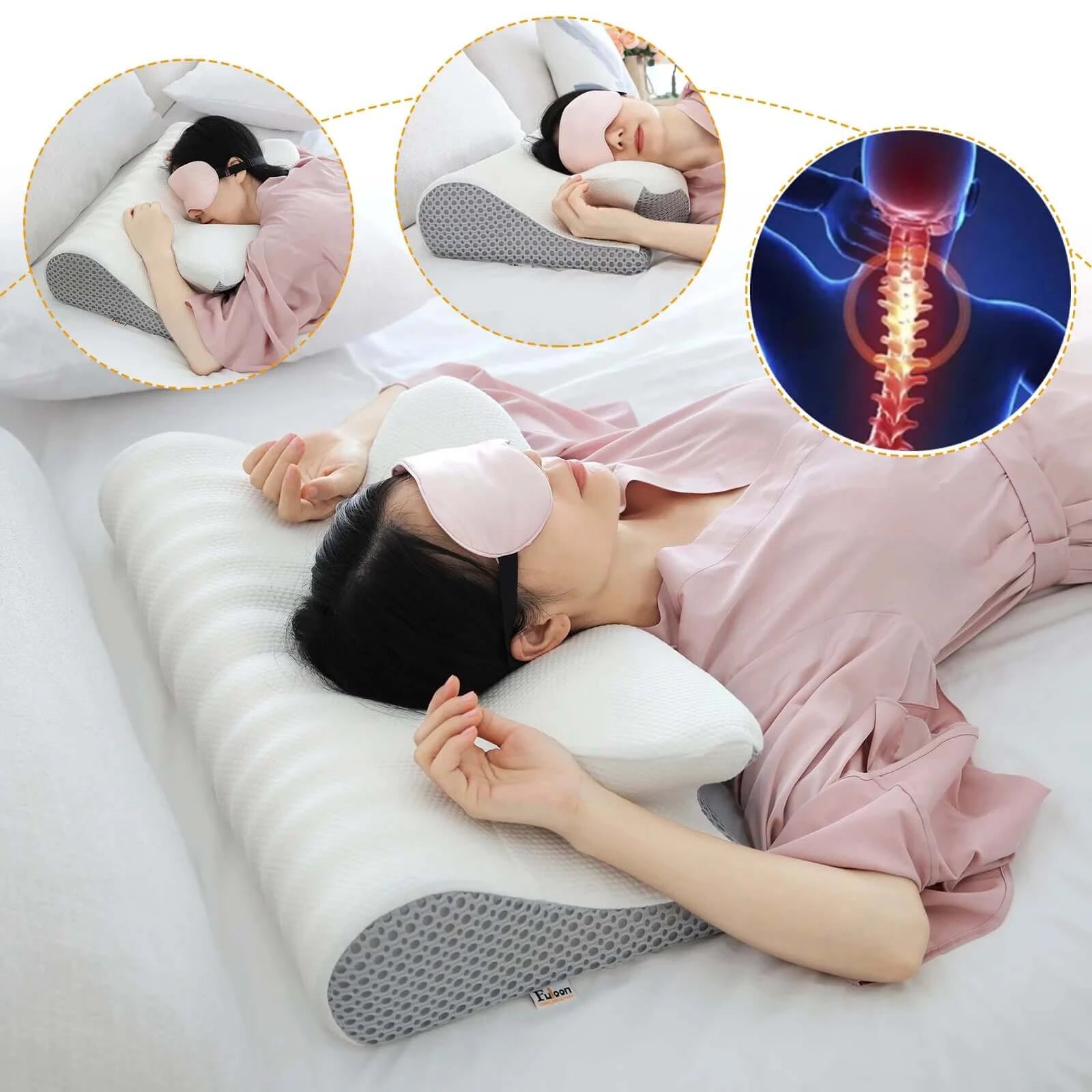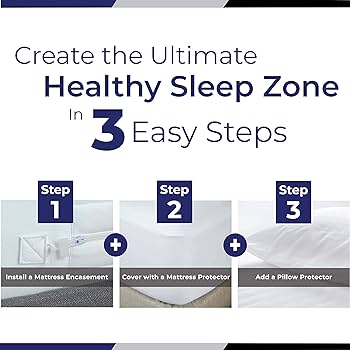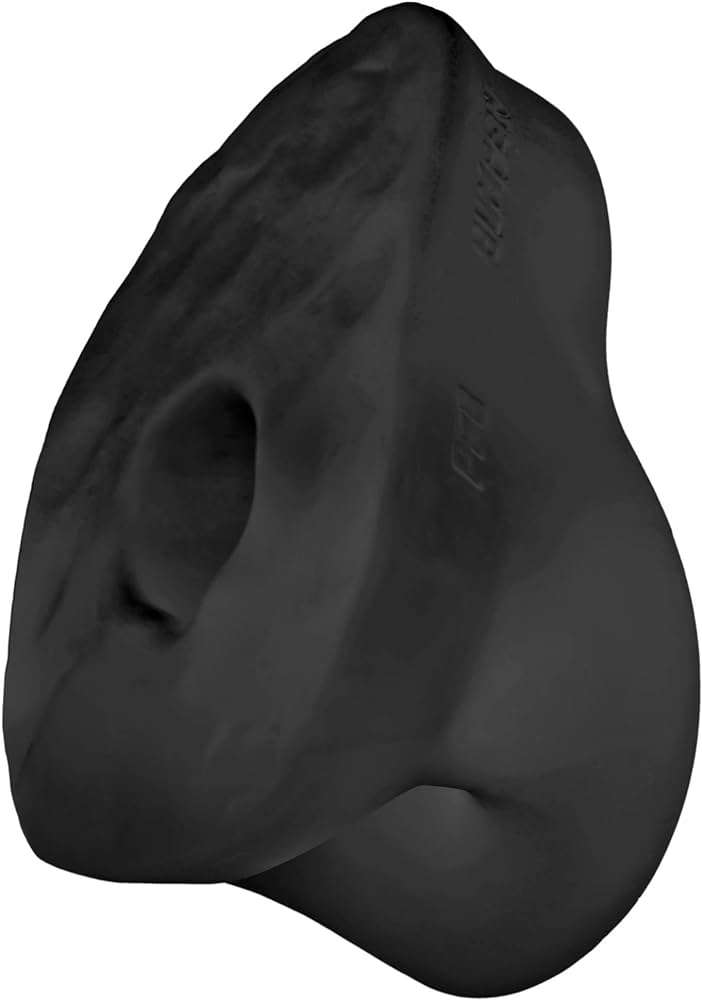How to Make My Pillow More Comfortable for Better Sleep

How to make my pillow more comfortable? To make your pillow more comfortable, adjust the pillow’s filling or invest in ...
Read moreHow to Make a Waterproof Pillow Cover: Easy Steps for Ultimate Protection

Want to learn that how to make a waterproof pillow cover? you need to use a waterproof fabric and sewing ...
Read moreAre Queen Pillows Bigger Than Standard? Which Size is Bigger and Best for Your Sleep?

Are queen pillows bigger than standard? No, queen pillows are not bigger than standard pillows. Queen pillows and standard pillows ...
Read moreHow to Hump a Pillow the Right Way: Unleash Your Passion

How to hump a pillow the right way? To hump a pillow the right way, use gentle and controlled movements ...
Read moreWhat is the Best Herbal Supplement for Sleep: Unveiling the Top-Rated Solution

What is the best herbal supplement for sleep? The best herbal supplement for sleep is valerian root, it promotes relaxation ...
Read moreCan You Use Mirtazapine for Sleep Aid? What You Should Know Before You Try

Can you use mirtazapine for sleep aid? Mirtazapine can be used as a sleep aid due to its sedating effects. ...
Read moreCan I Take Sleep Aid While Breastfeeding? Safety Tips for Nursing Moms

Can I take sleep aid while breastfeeding? Yes, it is generally safe to use sleep aids while breastfeeding, but it ...
Read moreCan a Dog Pop an Air Mattress? Discover the Truth Behind This Myth

Can a dog pop an air mattress? Yes, a dog can pop an air mattress by scratching or biting it. ...
Read moreHow to Keep Air Pillow in Center of Pool: Simple Tricks for Perfect Placement

How to keep air pillow in center of pool? To keep an air pillow in the center of a pool, ...
Read moreCan Lice Infest Pillows And Blankets? Discover the Surprising Truth!

Can lice infest pillows and blankets? Lice cannot live on pillows and blankets as they require a human host for ...
Read more